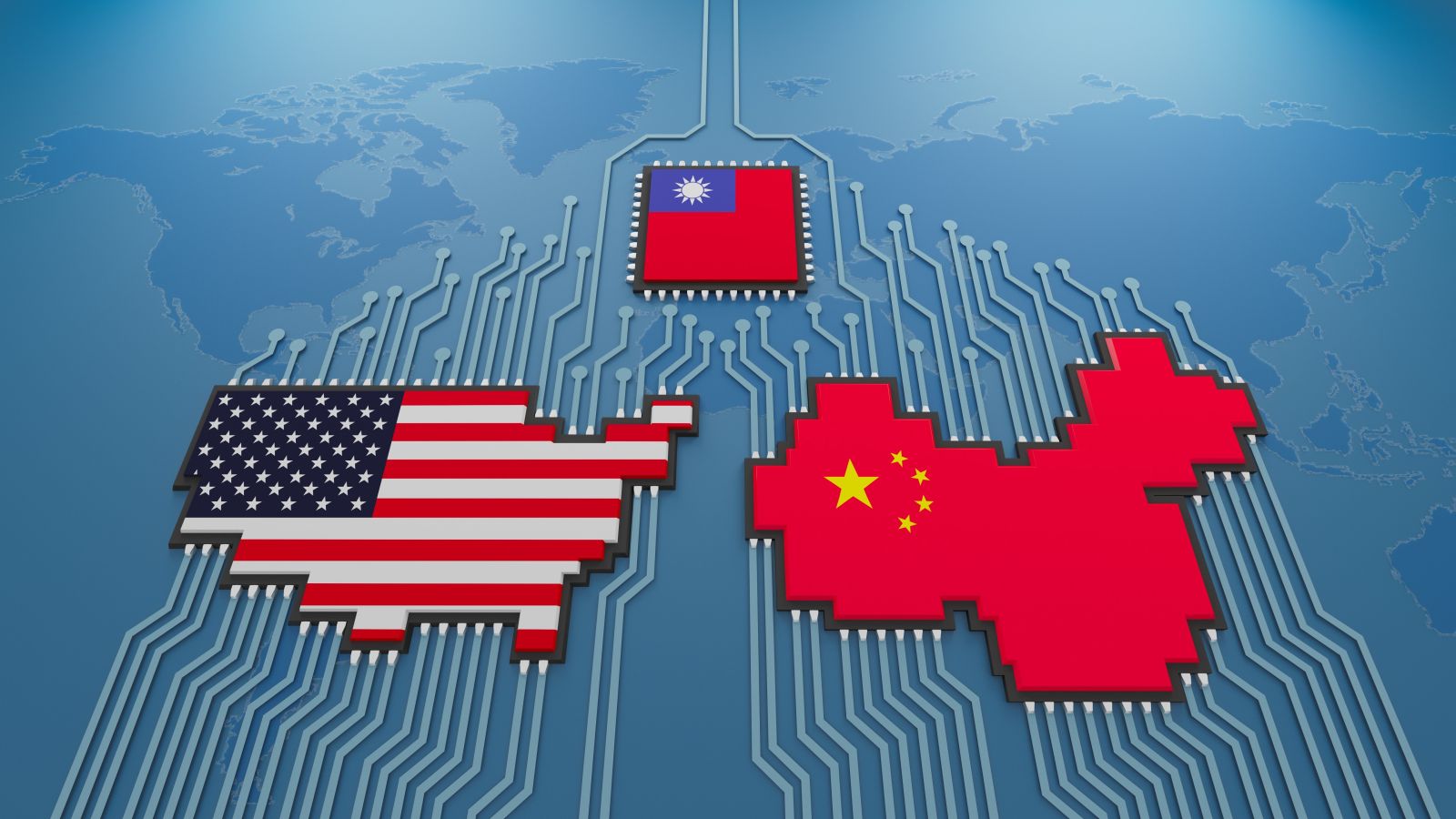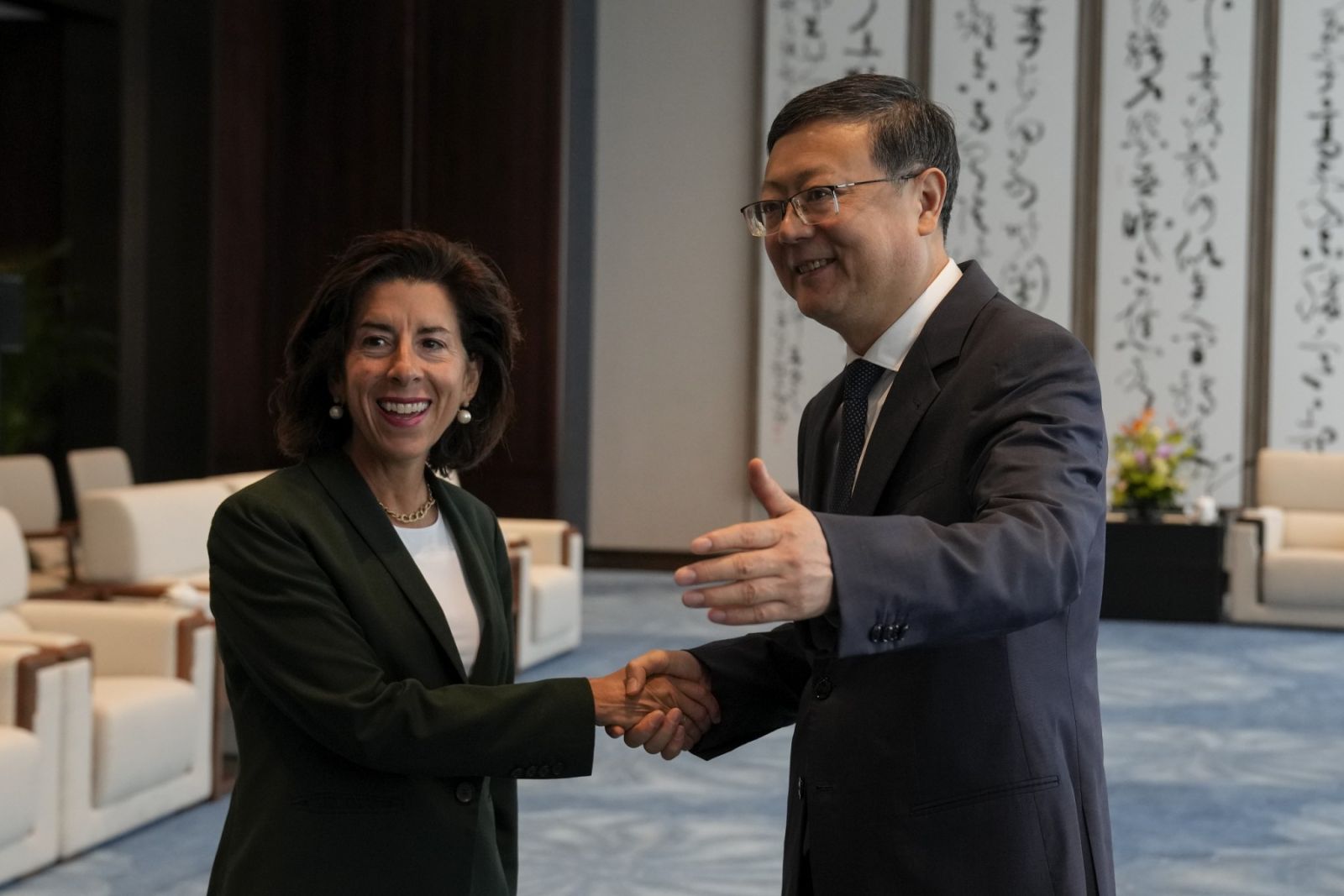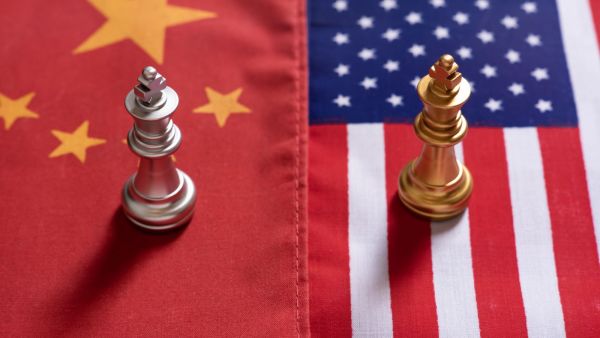ALBAWABA – The United States (US) Department of Commerce has reportedly issued a new set of anti-China rules on Friday that would prevent semiconductor manufacturing subsidies from being used by China and other countries.
News agencies reported over the weekend that the new rules would limit recipients of US funding from investing in semiconductor manufacturing in countries like China and Russia.
According to Reuters, the list is expandable to include any other country that could pose a threat to US security interests.
Otherwise, the issuance of these rules is the final step before the Biden administration can begin awarding $39 billion in subsidies for semiconductor production.
More so, the landmark "Chips and Science" law provides $52.7 billion for US semiconductor production, research and workforce development.

New US anti-China rules for chips funding is the last in a series of American measures to curb Chinese growth in the sector - Shutterstock
Sky News Arabia reported more than $100 billion in funds of various types allocated by the government to support growth and expansion in the sector. Including loans and guarantees valued at around $75 billion.
US announces new anti-China rules for chips funding
In October 2022, the department issued new export controls to cut China off from certain semiconductor chips made with US equipment.
"We have to be absolutely vigilant that not a penny of this helps China to get ahead of us," Commerce Secretary Gina Raimondo told Congress Tuesday.
Accordingly, if funding recipients violate restrictions, Commerce Department can claw back federal awards. In the meantime, Raimondo told Congress she is working as fast as possible to get awards approved.

Raimondo visited with senior Chinese officials ahead of the issuance of the new US anti-China rules for chips funding - AFP
"I feel the pressure," Raimondo said. "We are behind but it is more important that we get it right. And if we take another month or a few more weeks to get it right, I will defend that because it's necessary."
The regulation prohibits funding recipients from significantly expanding semiconductor manufacturing capacity in foreign countries of concern for 10 years. It also restricts recipients from some joint research or technology licensing efforts with foreign entities of concern but allows for international standards, patent licensing, and utilizing foundry and packaging services.
The final rule ties expanded semiconductor manufacturing capacity to adding cleanroom or other physical space, defining material expansions as increasing production capacity by more than 5 percent. It also prohibits recipients from adding new cleanroom space or production lines that result in expanding a facility’s production capacity beyond 10 percent.









